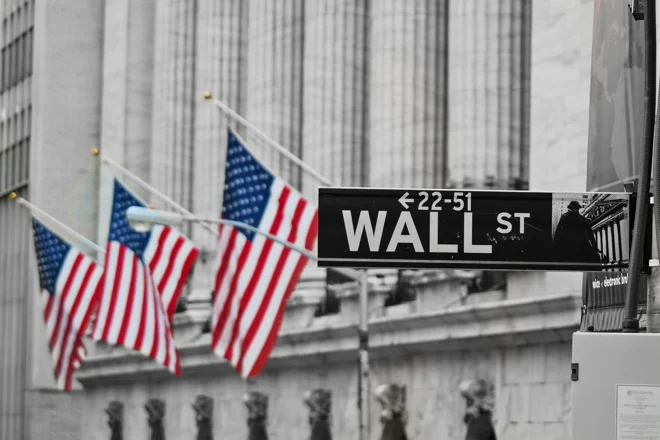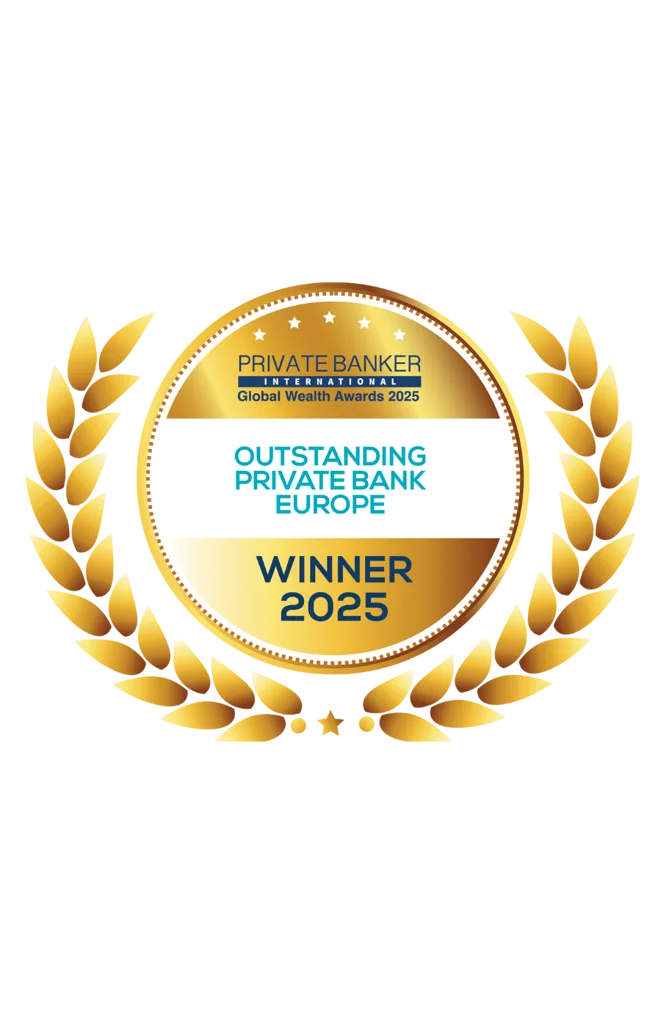WHAT YOU NEED TO KNOW
- Through their ownership, investors share responsibility for a company’s policies and actions.
- They can exercise their duty through active ownership, via dialogue with management (engagement) and voting at annual general meetings (voting).
- There is a growing body of evidence indicating that active ownership improves investment outcomes.
In our Counterpoint Weekly published on 4 May, we highlighted the strong performance of sustainable investment strategies alongside their growing popularity with investors, as evidenced by significant inflows.
In recent weeks and months, the public health and economic crisis triggered by Covid-19 and the renewed call for social justice following the death of George Floyd in Minnesota have shone a spotlight on companies around the world and the investors that fund them. This situation creates opportunities, challenges and responsibilities not only for companies, but also for investors.
THE RELEVANCE OF SUSTAINABLE INVESTING
Environmental, social and governance (ESG) issues are not only relevant for people and the planet – they are also financially material to equity and bond returns. For example, the value created by effectively supporting human capital – as manifested in productivity, talent retention and the creation of intellectual property – had been growing in importance even before the Covid-19 pandemic and the renewed calls for social justice.
Intangible assets, such as human capital and brand value, are highly sensitive to ESG factors as they can be easily compromised and their value can be influenced, to a large degree, by perception. There is irrefutable evidence that the importance of intangible assets has been growing in recent years. For example, research by Aon and the Ponemon Institute finds that 84% of the market value of the five largest US companies is attributable to intangible assets, compared to just 17% in 1975 and 32% in 1995. As the global economy continues to shift from manufacturing to services, this trend, and ESG’s importance to the investment process, is likely to continue to increase.
THE VALUE OF ACTIVE OWNERSHIP
Through their ownership, investors are ultimately responsible for a company’s tangible and intangible assets. They can exercise their duty through active ownership, via dialogue with management (engagement) and voting at annual general meetings (voting).
In our Counterpoint Weekly published on 4 May we explored the four main ways to invest sustainably – through leader, improver, thematic and dedicated asset strategies. Active ownership can be practised by any sustainable investment approach, but has additional value when deployed as part of an improver strategy. Managers following an improver strategy seek to get ahead of the curve and identify those companies exhibiting positive ESG momentum. They posit that an improvement in ESG performance will lead to, or correlate with, an improvement in operating performance and a reduction in idiosyncratic risk.
Within this framework, active ownership is a tool to directly catalyse the required ESG improvement. Notably, interests are aligned. By addressing the problem, the company may improve its operations or de-risk itself in the eyes of investors, investors may enjoy an improved share or bond price, and people and the planet will benefit from the ESG improvement.
There is a growing body of evidence to support this view. A seminal 2012 research paper led by University of Cambridge researchers used a unique data set of 613 corporate engagements over the course of a decade. The paper found that successful ESG engagements, on average, took 18 months and two or three substantial discussions with company management. The detailed data revealed successful engagements were, on average, associated with a 700 bps excess return over a 12-month period, while companies subject to unsuccessful engagements performed broadly in line with the wider market.
The value of active ownership was further buttressed in a 2017 paper that drew on a decade of engagement activity coordinated by the UN-backed Principles for Responsible Investment (PRI) across 964 corporate targets. The researchers found successful engagements took, on average, 18 to 24 months, and that successful engagements were associated with an improvement in corporate profitability, while unsuccessful engagements were not.
ACTIVE OWNERSHIP IN THE CURRENT ENVIRONMENT
With recent events, the role of the active ownership has become even more important as companies respond differently to critical issues. These issues include how they treat employees who are furloughed or compelled to work remotely, as well as managing diversity and equality.
THE POSITIVES
Covid-19 and the renewed calls for social justice have prompted a call to action by the UN PRI – of which Quintet is a signatory. The organisation has asked for Covid-19- related engagement aligned to the standards and recommendations of the International Labour Organization and the UN Global Compact, and for investors to re-prioritise other engagement topics to focus on Covid-19. In the coming months, the investment community will be able to reflect on its efforts and see where its engagement altered corporate policy and contributed to superior ESG and financial outcomes.
THE CHALLENGES
However, there is a counterpoint to consider. By some measures, recent developments have created a less favourable environment for effective active ownership. One significant setback is social distancing, enforced due to Covid-19. This policy has led to several corporate annual general meetings (AGMs) being held “behind closed doors” away from the scrutiny of shareholders.
The charity ShareAction has flagged the extent of the challenge, raising concerns that two out of three UK FTSE 100 AGMs have not made provisions for remote attendance by shareholders. Furthermore, in several cases, a reduced number of attending directors has also side-lined some female as well as black, Asian and minority ethnic (BAME) board members, reducing diversity in these crucial meetings.
Another challenge resulting from Covid-19 is that investors have experienced a reduction in timely information. In the US, the Securities Exchange Commission has granted companies additional time to file certain disclosures, such as the 10-K and 10-Q forms. Investors have responded to the challenge of reduced information by utilizing collaborative engagement. For example, the Workforce Disclosure Initiative, backed by investors speaking for USD 14 trillion in assets under management, has written to companies for information on the Covid-19-related topics of health and safety and labour rights for all types of worker, both permanent and temporary – both in direct operations and in supply chains.
Investors face a challenge if they want to contribute to the renewed campaign for social justice. Information relating to racial diversity is scarce, as leading ESG data providers typically limit their diversity data to gender metrics. This presents an opportunity for investors to use active ownership to expand corporations’ understanding of diversity issues and improve the disclosure of diversity metrics. Charitable and interest groups can be powerful allies for investors by providing the required transparency to enable informed dialogue and to drive change. For example, in the US, Black Enterprise has chronicled the presence of black directors on the board of S&P 500 companies and have noted that the number of black directors has increased from 292 in 2017 to 322 in 2019.
QUINTET IS COMMITTED TO ACTIVE OWNERSHIP
At Quintet we are proponents and practitioners of active ownership. We believe that actively exercising the influence we have as an investor and investment manager is consistent with both our fiduciary duty towards our clients and our objective to be a sustainable company. We will be publishing our first active ownership summary in multiple languages on 16 June 2020, detailing the scope of our engagement with more than 250 firms across various themes as well as data and examples of our voting practises.
COVID-19 WATCH
Globally confirmed cases of Covid-19 have now exceeded 7.8 million, up from approximately 7 million seven days previously. Conditions in equity markets remain turbulent, owing in part to a renewed spike in US cases as states began to emerge from lockdown. California, Texas and Florida are the US’s largest, second-largest and fourth-largest states, as measured by GDP, and all reported record new daily case figures last week.
The equity market’s recent behaviour is an important reminder that Covid-19 can still have a significant impact. We continue to track the development of new cases, fatality rates and testing statistics as well as highfrequency economic indicators to help guide our investment decisions.
This document has been prepared by Quintet Private Bank (Europe) S.A. The statements and views expressed in this document – based upon information from sources believed to be reliable – are those of Quintet Private Bank (Europe) S.A. as of June 15, 2020, and are subject to change. This document is of a general nature and does not constitute legal, accounting, tax or investment advice. All investors should keep in mind that past performance is no indication of future performance, and that the value of investments may go up or down. Changes in exchange rates may also cause the value of underlying investments to go up or down. Copyright © Quintet Private Bank (Europe) S.A. 2020. All rights reserved.





